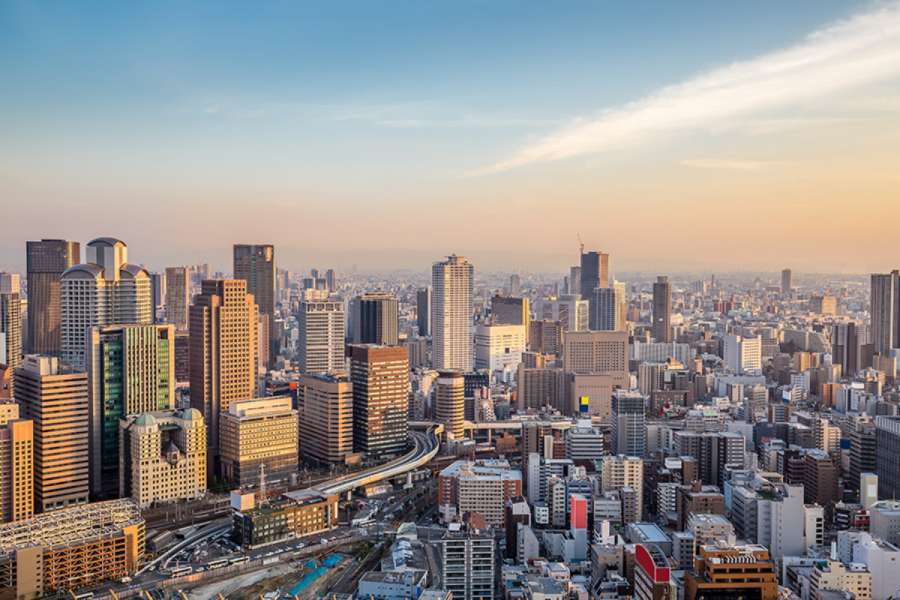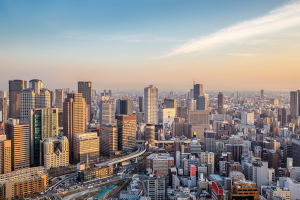MP urges Japanese government to approve Osaka IR before the year is out

MPs says a delay in approval could put completion of the project back into the next decade.
Japan.- Noboyuki Baba, an Osaka MP with the Innovation Party, has urged the government to approve Osaka’s integrated resort plans by December 31. In a budget committee question and answer session, Baba addressed Tetsuo Saito, the minister for land, infrastructure, transport and tourism, who is overseeing the evaluation of casino resort bids.
“Osaka prefecture and city have been waiting for the approval of their IR District Development Plan all this time,” Baba said. “We strongly ask the government to do so by the end of calendar 2022 at the latest.”
Baba also suggested, according to GGRAsia’s Japan correspondent, that a prompt approval could boost interest in Osaka’s Expo 2025, which will be held on Yumeshima island, the proposed location for Osaka’s JPY1.08bn (US$7.92bn) casino resort plans.
Baba said: “The IR could have a huge impact on the 2025 Osaka and Kansai Expo. Some companies have been saying that they could invest in the Expo if the IR is approved.”
Saito said his ministry was “moving ahead with the examination procedures very actively” but provided no timetable for a final decision. Another Osaka MP has warned that if approval is delayed beyond March the project may not be completed by the end of the decade.
Osaka submitted its bid in April with MGM Resorts International and ORIX as partners. In November, Osaka mayor Ichiro Matsui said the prefecture was asked to submit a series of documents detailing how it was going to resolve issues around its bid.
Nagasaki District Court opens hearing against IR spending
In Nagasaki, the one other Japanese city that has submitted an IR bid, the City’s District Court has opened hearings in a lawsuit that seeks to prevent the governor of Nagasaki from spending more public money on the plans.
In September, the Stop the Casino Nagasaki Prefectural Network claimed funds had been used improperly because the IR application was unlikely to be approved by Japan’s national government.
Plaintiffs also argued that letters sent by the prefecture to the central government did not meet requirements. They also challenged a contract for circa JPY110m (US$761,500) with a law firm and other advisors and claimed the prefecture “never engaged in a proper confirmation” of its IR plans.









